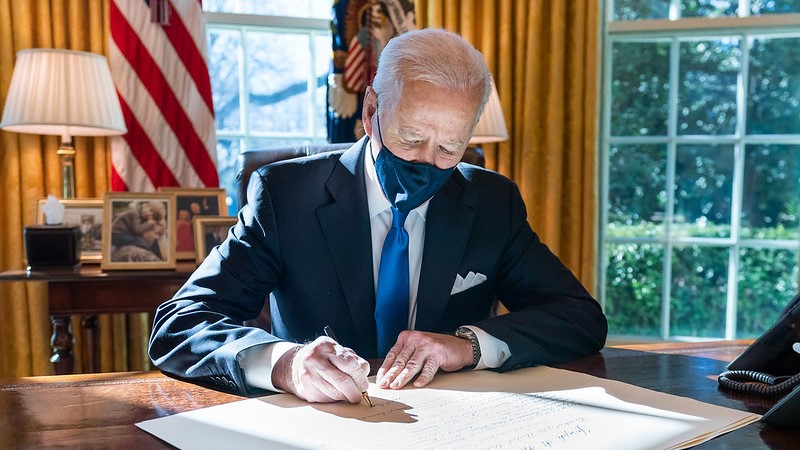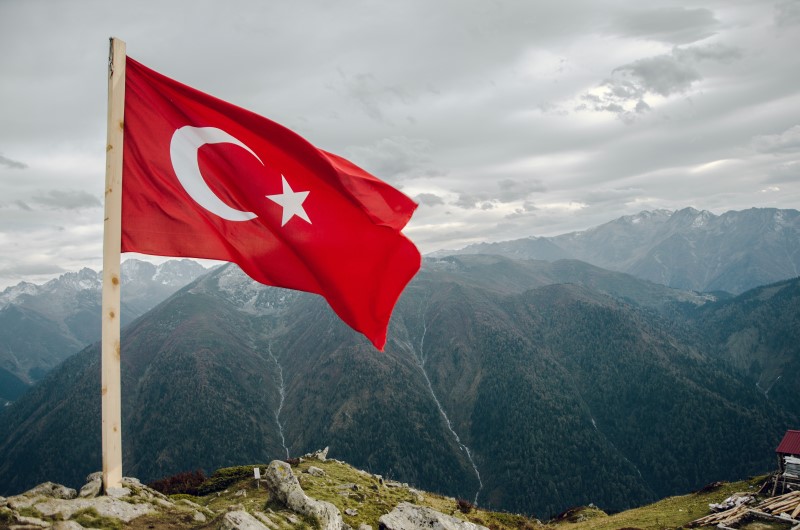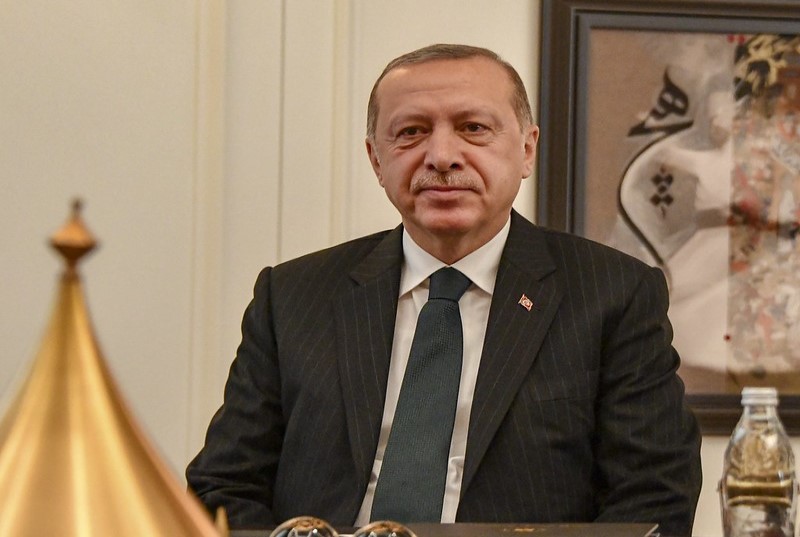Does Biden’s Genocide Statement Boost or Subvert Turkish Ultra-nationalism?
By Halil Karaveli
May 3, 2021
While it’s a vital interest for Turkey to maintain the Turkish-American relations in as much good health as possible, President Joe Biden’s recognition of the Armenian genocide will have internal repercussions. For the ultra-nationalists, Biden’s statement underscores that they cannot reasonably expect Washington to accommodate Turkish state nationalism. The perception that the U.S. is a hostile power – albeit one that Turkey cannot afford a break with – incites the far right to step up its campaign against what it sees as America’s domestic allies, and it will seek to permanently disable the Kurdish political movement. However, Biden’s recognition of the genocide could ultimately also subvert Turkish ultra-nationalism as Turkey’s reaction to it reveals the hollowness of its pretentions of national grandeur.

In the Grip of the State: Can Turkey’s Democrats Surmount State Nationalism?
By Oya Baydar
February 1, 2021
Turkey is evolving from authoritarianism to fascism under the tutelage of the far-right leader Devlet Bahçeli, to whom President Recep Tayyip Erdoğan defers to stay in power. Turkish and international observers have until recently failed to take the full measure of Bahçeli’s importance, treating him as the “junior partner” of Erdoğan, overlooking that Bahçeli is the political front-figure of the state establishment and that he gives voice to the die-hard nationalist, militarist-expansionist mentality that is deeply entrenched in the Turkish state. Meanwhile, the opposition does not offer a democratic counter-force as it too remains wedded to statist nationalism. Yet, faced with the imminent threat of fascism, the parties of the Turkish opposition must sooner or later recognize that it will be their turn next and that the western parts of Turkey cannot and will not remain democratic when the eastern, Kurdish part of the country is under the rule of dictatorship.

Has Turkey Outfoxed China in Azerbaijan to become a rising Eurasian power?
By Michaël Tanchum
January 19, 2021
Turkey's decision to provide an unprecedented level of military assistance to Azerbaijan empowered Baku to achieve a resounding victory in the 2020 Nagorno-Karabakh War, changing the geopolitical rules of the game in the South Caucasus. Moreover, the war has enhanced Ankara's ability to project its influence in Central Asia. Benefiting from its inclusion in the Chinese-led BRI network of connectivity across Central Asia, Turkey may have outfoxed China in Azerbaijan to become a rising Eurasian power. Although Russia now has to tolerate the presence of Turkish troops on Azerbaijani soil, China may be the big strategic loser in the war's outcome.

Turkey and the Post-Ceasefire Security Design in Nagorno-Karabakh
By Natalia Konarzewska
December 30, 2020
Turkey offered unprecedented military assistance to Azerbaijan in its recent war with Armenia over the break-away Nagorno-Karabakh region. Its extensive military involvement in the conflict has already payed off and it is, furthermore, set to have far-reaching geopolitical implications in the future. The agreement with Russia on the establishment of a joint ceasefire monitoring centre provides Turkey with a military foothold in the south Caucasus. Even though Turkey is relegated to a secondary role in the post-war security arrangements in Nagorno-Karabakh – as Moscow is reluctant to share power in its self-assigned backyard – it has nonethelss gained a direct gateway to the Caspian Sea and Central Asia that may in time prove crucial.

The Turkish Economy after Albayrak: The Limits of Monetary Reset
By Barış Soydan
December 10, 2020
President Recep Tayyip Erdoğan is certainly right to point to the need of reforms to restore the confidence of international investors in Turkey. Yet his determination, and assuming that he’s sincere, his ability to see reforms through is very much in doubt. Besides, Erdoğan retains a hands-on approach to monetary policy even after the departure of his son-in-law Berat Albayrak from the Ministry of Finance. He may well decide once again to stimulate the economy with cheaper and larger amounts of credit, which would inevitably further destabilize the Turkish economy.



